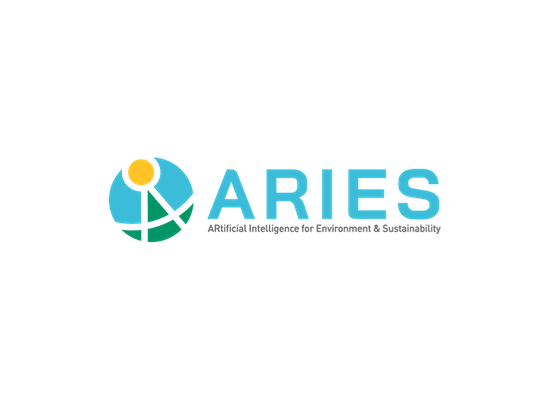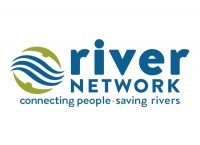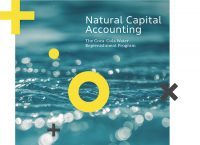Primary Functions
- Track and forecast progress toward environmental and economic targets.
Detailed Description
ARIES is an artificial intelligent modeller rather than a single model or collection of models. ARIES chooses ecological process models where appropriate, and turns to simpler models where process models do not exist or are inadequate. Based on a simple user query, ARIES builds all the agents involved in the nature/society interaction, connects them into a flow network, and creates the best possible models for each agent and connection. The result is a detailed, adaptive, and dynamic assessment of how nature provides benefits to people.
ARIES has been in development since 2007 and in use since 2008 in various releases of increasing sophistication. The decision to seek a more complete scientific narrative for discourse about ecosystem services was born out of a realization that overly simplified conceptual frameworks could lead to inaccurate policy decisions. ARIES strives to quantify the benefits that nature provides to society in a manner that accounts for dynamic complexity and its consequences, but keeps models clear enough to users to remain understandable, usable, and adaptable to conditions of varying data availability. Since the beginning of ARIES, we have concentrated our efforts on two main innovations:
- An extension of ecosystem services science to renew its focus on beneficiaries and the spatial and temporal dynamics of flows.
- The capability to automatically assemble the most appropriate models to a region of interest, based on a simple user query, using modular model components and data chosen according to context.
Understanding complex links between nature and people
Nature provides diverse benefits to human society: food, fuel, and clean water, raw materials for industry, places to absorb waste products from industries and households, crop pollination, buffering from natural disasters, and places for recreation, relaxation, and inspiration. Recent decades have seen massive societal change – population growth and migration into cities, industrialization and economic development across the developing world, and ecological challenges ranging from climate change, agricultural intensification, and fisheries depletion. In today’s world, economic challenges cannot be addressed without considering environmental change, drivers, and feedbacks – nor can environmental challenges be isolated from economic ones. To be relevant to policy and decision making, scientific tools must consider the linkages between people and nature – termed “coupled human-natural systems.” ARIES integrates scientific data and models that simulate and integrate environmental and socioeconomic systems, deepening our understanding of the natural world and of how the choices society makes can impact future economic prosperity and environmental sustainability.
Read more here.







